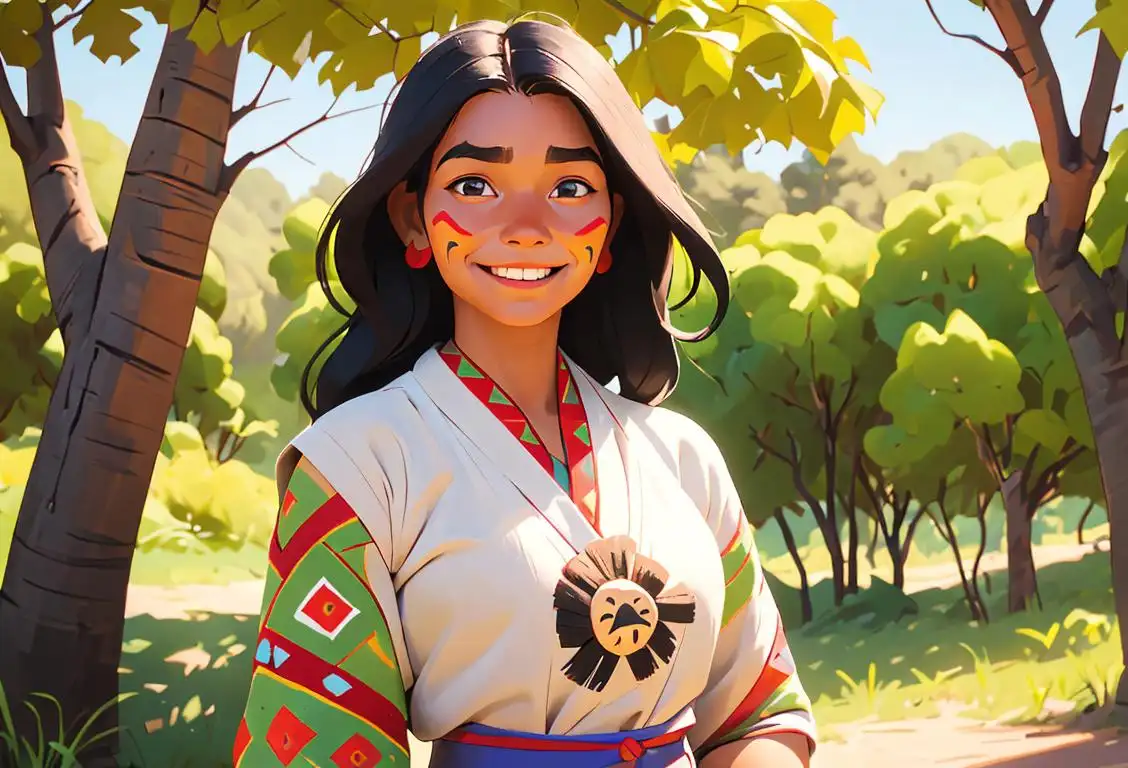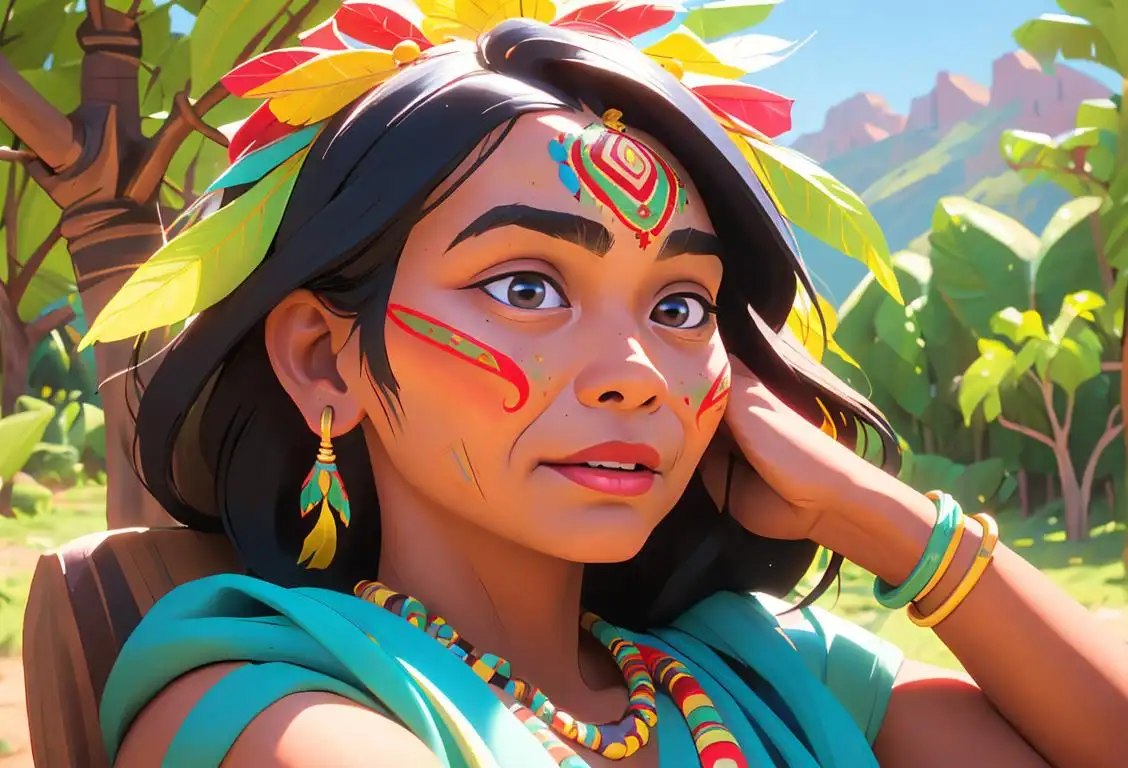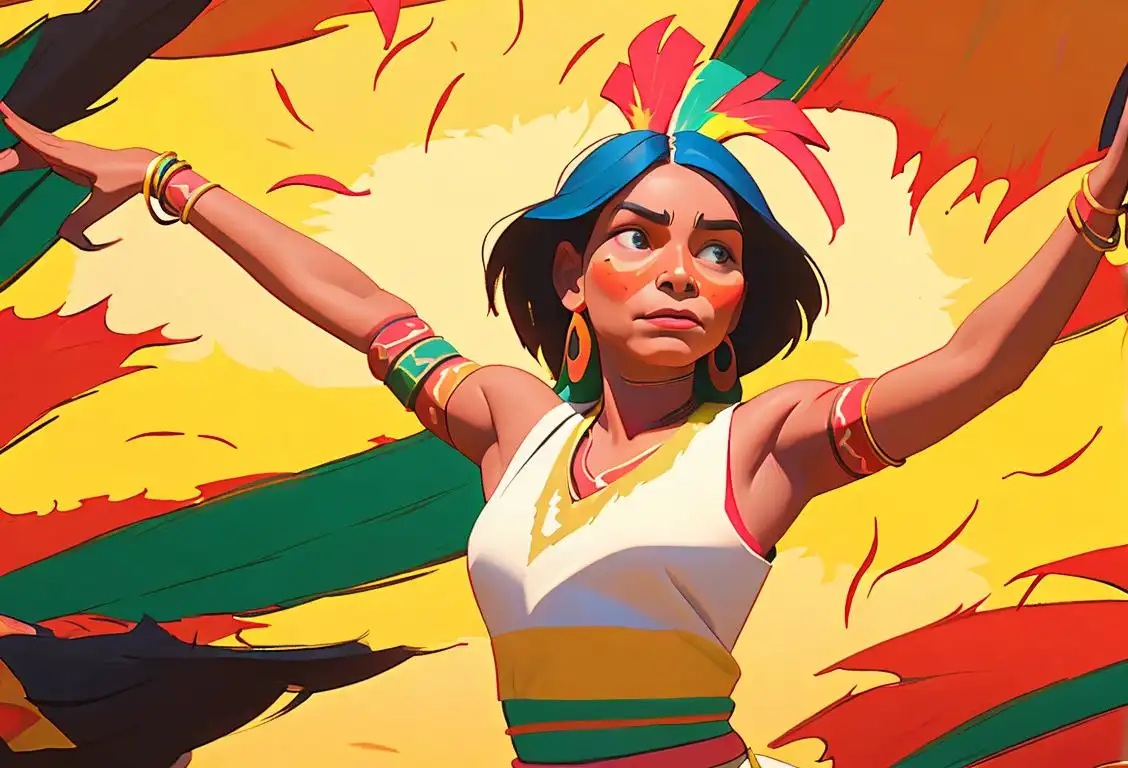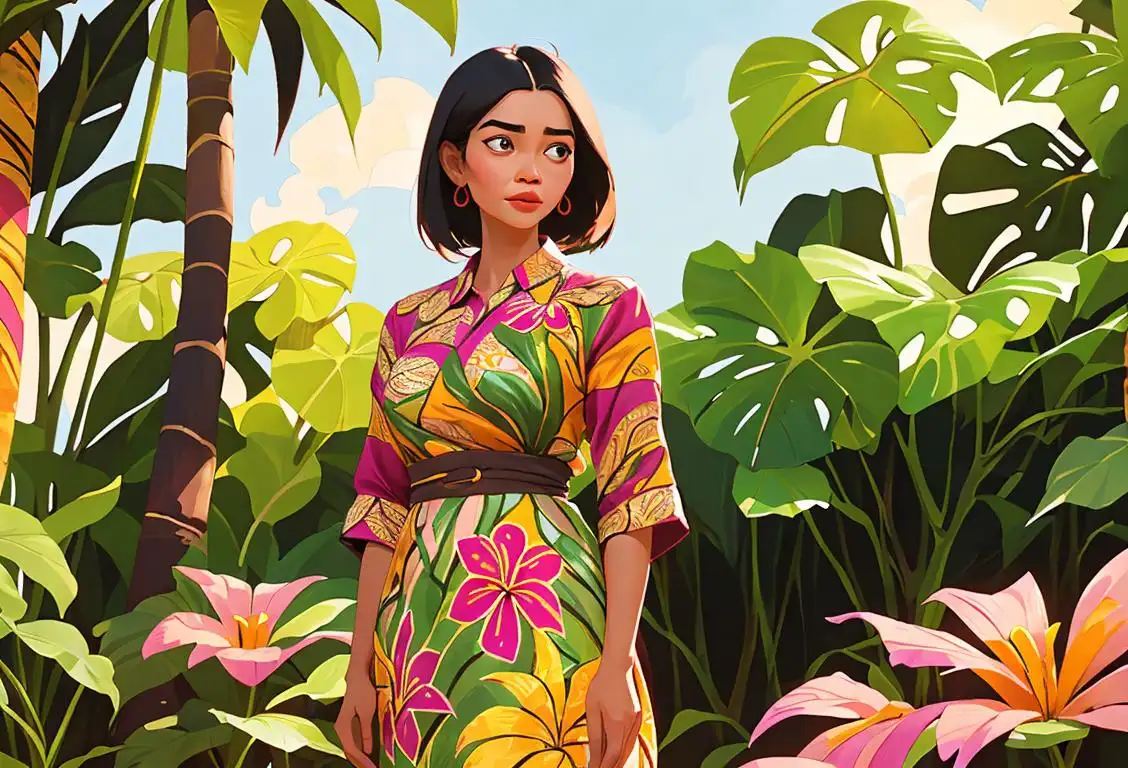National Aboriginal Indigenous Peoples Day
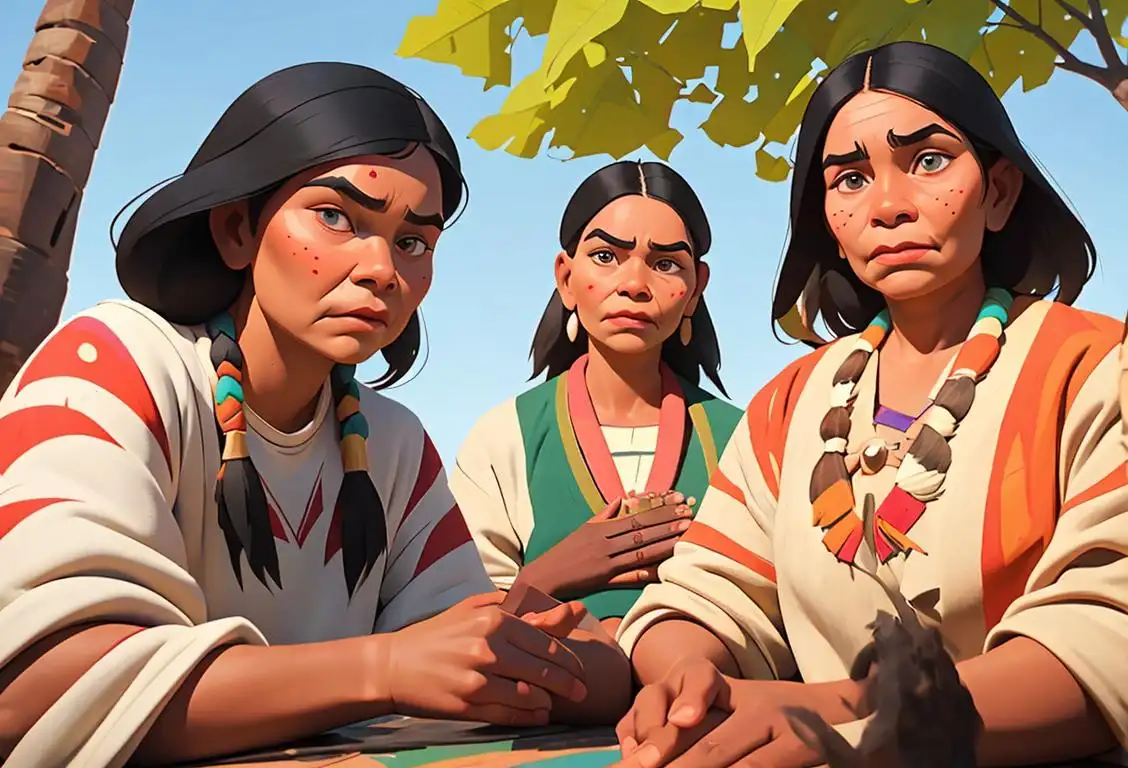
Hey there! Welcome to the world of national days, where we celebrate everything from fluffy pancakes to adorable puppies. Today, we're diving into the fascinating world of National Aboriginal Indigenous Peoples Day. Get ready for a celebration of culture, history, and all things awesome!
When is Aboriginal Indigenous Peoples Day?
It's national aboriginal indigenous peoples day on the 21st June.
The Internet History of National Aboriginal Indigenous Peoples Day
National Aboriginal Indigenous Peoples Day, held annually on June 21st, is a day to honor and celebrate the rich cultures, traditions, and contributions of the Indigenous peoples of Canada. This day recognizes the diverse and vibrant Indigenous communities that have shaped and continue to shape the fabric of the nation.
The origins of National Aboriginal Indigenous Peoples Day can be traced back to the gathering of Indigenous leaders and activists in the 1980s. Their vision was to create a day that would highlight the unique cultures and heritage of Indigenous peoples while promoting understanding and respect among all Canadians.
In 1996, the Governor General of Canada, Roméo LeBlanc, along with the National Aboriginal Organizations, declared June 21st as National Aboriginal Day. The date was chosen to coincide with the summer solstice, a significant day in many Indigenous traditions. The celebrations were marked by cultural events, powwows, music, dance, and art exhibitions.
Over the years, the day gained recognition and importance across the country, leading to its renaming as National Indigenous Peoples Day in 2017. The change reflected a broader inclusion of all First Nations, Inuit, and Métis peoples. It also acknowledged the ongoing process of reconciliation and the need to foster positive relationships between Indigenous and non-Indigenous peoples.
Today, National Aboriginal Indigenous Peoples Day is celebrated with great enthusiasm and respect. It provides an opportunity for Indigenous communities to showcase their vibrant cultures, share their stories, and educate others about their histories and contributions. The day serves as a reminder of the resilience and strength of Indigenous peoples throughout the challenges they have faced and continue to face.
Did You Know?
Did you know that National Aboriginal Indigenous Peoples Day takes place on the same day as World Music Day? It's a perfect moment to enjoy some incredible Indigenous music and appreciate the diverse rhythms and melodies that have been passed down through generations. So put on your dancing shoes and celebrate the power of music!
History behind the term 'Aboriginal Indigenous Peoples'
1967
Recognition of Indigenous Australians
In 1967, a nationwide referendum was held in Australia to determine the country's stance on Indigenous Australians. The Australian population voted overwhelmingly in favor of amending the Australian Constitution to acknowledge and include Aboriginal and Torres Strait Islander peoples in the national census. This historical milestone marked an important step towards recognizing the rights and contributions of Aboriginal Indigenous peoples.
1975
The United Nations Declaration
In 1975, the United Nations General Assembly adopted the Declaration on the Rights of Indigenous Peoples. This declaration aimed to protect and promote the rights of indigenous peoples worldwide. It recognized their right to self-determination, their cultural identity, and their traditional lands. The declaration marked a significant global recognition of the unique status and needs of Aboriginal Indigenous peoples.
1994
International Year of the World's Indigenous Peoples
In 1994, the United Nations proclaimed the International Year of the World's Indigenous Peoples. This designation aimed to raise awareness about the situation of indigenous peoples globally and to promote their rights and well-being. The year was marked by various events and initiatives that highlighted the cultural richness and challenges faced by Aboriginal Indigenous peoples and other indigenous communities worldwide.
2007
United Nations Declaration becomes a Universal Instrument
In 2007, after years of negotiations, the United Nations General Assembly adopted the United Nations Declaration on the Rights of Indigenous Peoples as a universally recognized human rights instrument. This landmark declaration solidified the international standards for the protection of rights and cultural heritage of Aboriginal Indigenous peoples. The declaration has since become a crucial reference for policies and actions aimed at addressing the historical and ongoing challenges faced by indigenous communities.
Present
Ongoing Advocacy and Recognition
From the 21st century onwards, there has been an increased focus on advocating for the rights and well-being of Aboriginal Indigenous peoples. Efforts continue to address issues such as land rights, self-determination, cultural preservation, and closing socioeconomic gaps. Various national days across different countries, such as National Aboriginal Day in Canada or National Sorry Day in Australia, serve as opportunities to raise awareness of the experiences and contributions of Aboriginal Indigenous peoples and foster reconciliation and understanding.
Did you know?
Did you know that National Aboriginal Indigenous Peoples Day takes place on the same day as World Music Day?Tagged
awareness culture heritageFirst identified
21st June 2017Most mentioned on
21st June 2017Total mentions
796Other days
Indigenous Languages Day
Aboriginal Indigenous Peoples Day
Indigenous Persons Day
Aboriginal Peoples Day
German American Day
Goth Day
Vegemite Day
Eat What You Want Day
Batik Day
History Day
